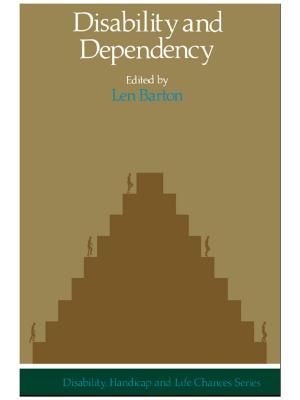Romantic Science and the Experience of Self
Transatlantic Crosscurrents from William James to Oliver Sacks
Fiction & Literature, Literary Theory & Criticism| Author: | Martin Halliwell | ISBN: | 9780429803512 |
| Publisher: | Taylor and Francis | Publication: | July 23, 2019 |
| Imprint: | Routledge | Language: | English |
| Author: | Martin Halliwell |
| ISBN: | 9780429803512 |
| Publisher: | Taylor and Francis |
| Publication: | July 23, 2019 |
| Imprint: | Routledge |
| Language: | English |
First published in 1999, this volume follows the work of five influential figures in twentieth-century transatlantic intellectual history. The work forms the basis for this engaging interdisciplinary study of romantic science. In this book, Martin Halliwell constructs a tradition of romantic science by indicating points of theoretical intersection in the thought of William James (American philosopher); Otto Rank (Austrian psychoanalyst); Erik Erikson (Danish/German psychologist); and Oliver Sacks (British neurologist). Beginning with the ferment of intellectual activity in late eighteenth-century German Romanticism, Halliwell argues that only with William James’ theory of pragmatism early in the twentieth century did romantic science become a viable counter-tradition to strictly empirical science. Stimulated by recent debates over rival models of consciousness and renewed interest in theories of the self, Halliwell reveals that in their challenge to Freud’s adoption of ideas from nineteenth-century natural science, these thinkers have enlarged the possibilities of romantic science for bridging the perceived gulf between the arts and sciences.
First published in 1999, this volume follows the work of five influential figures in twentieth-century transatlantic intellectual history. The work forms the basis for this engaging interdisciplinary study of romantic science. In this book, Martin Halliwell constructs a tradition of romantic science by indicating points of theoretical intersection in the thought of William James (American philosopher); Otto Rank (Austrian psychoanalyst); Erik Erikson (Danish/German psychologist); and Oliver Sacks (British neurologist). Beginning with the ferment of intellectual activity in late eighteenth-century German Romanticism, Halliwell argues that only with William James’ theory of pragmatism early in the twentieth century did romantic science become a viable counter-tradition to strictly empirical science. Stimulated by recent debates over rival models of consciousness and renewed interest in theories of the self, Halliwell reveals that in their challenge to Freud’s adoption of ideas from nineteenth-century natural science, these thinkers have enlarged the possibilities of romantic science for bridging the perceived gulf between the arts and sciences.















